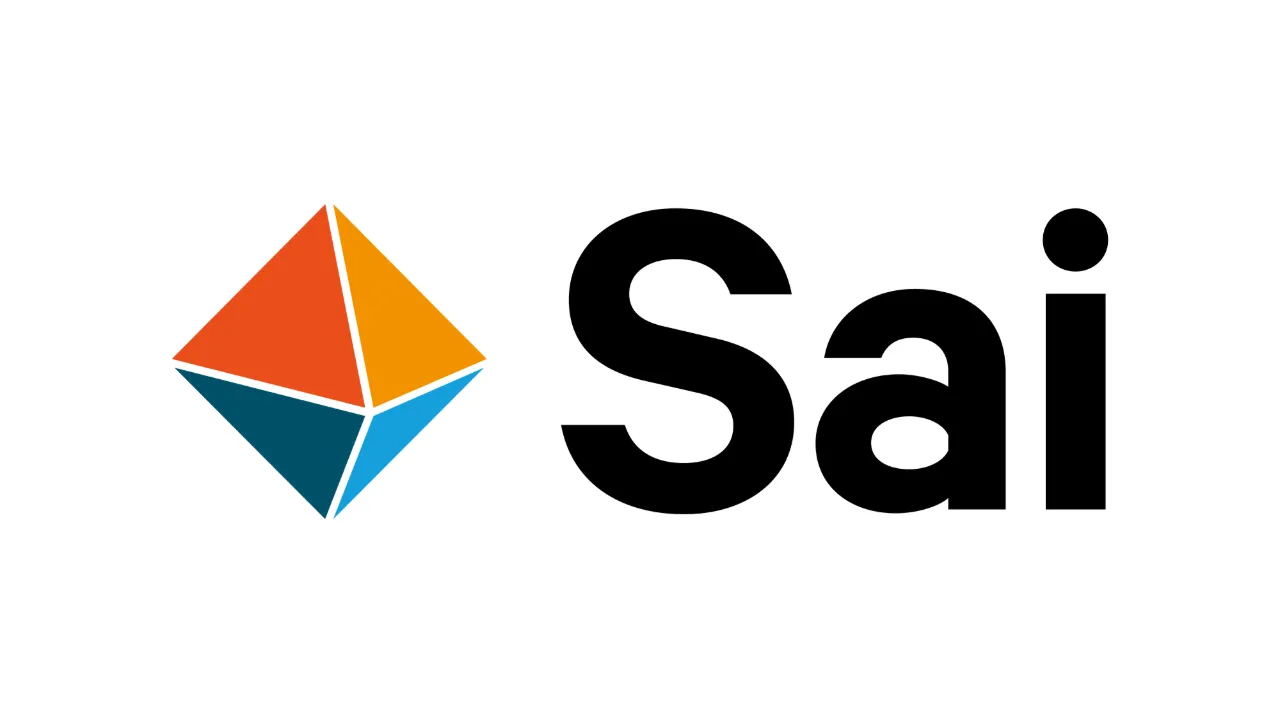
BLOOMFIELD, Conn. — Another blockbuster merger is adding momentum to the consolidation wave sweeping through the health care sector, and again crossing industry segments.
Health insurer Cigna Corp. plans to acquire pharmacy benefits manager Express Scripts in a $67 billion cash and stock deal. Under the agreement, unveiled earlier this month, Cigna will pay Express Scripts shareholders $48.75 in cash and 0.2434 shares of stock of the combined company per Express Scripts share, or a total of $54 billion. The consideration represents a 31% premium to Express Scripts’ closing share price of $73.42 on March 7. Cigna also has agreed to assume about $15 billion of Express Scripts’ debt.
When the Cigna-Express Scripts merger transaction is completed, Cigna shareholders will own about 64% of the combined company, and Express Scripts shareholders will own approximately 36%.
“Cigna’s acquisition of Express Scripts brings together two complementary customer-centric services companies, well positioned to drive greater quality and affordability for customers,” Cigna president and chief executive officer David Cordani said in a statement. “This combination accelerates Cigna’s enterprise mission of improving the health, well-being and sense of security of those we serve and, in turn, expanding the breadth of services for our customers, partners, clients, health plans and communities. Together, we will create an expanded portfolio of health services, delivering greater consumer choice, closer alignment between the customer and health care provider, and more personalized value. This combination will create significant benefits to society and differentiated shareholder value.”
Plans call for the merged company to be named Cigna and based in Bloomfield, where Cigna now has its headquarters. Express Scripts, the nation’s largest PBM, will maintain its current headquarters in St. Louis.
Cordani is slated to served as president and CEO of the combined company, and Express Scripts president and CEO Tim Wentworth will take the role of president of Express Scripts.
“Together, our two organizations will help make the healthiest choices the easiest choices, putting health and pharmacy services within reach of everyone we serve,” Wentworth stated. “Adding our company’s leadership in pharmacy and medical benefit management, technology-powered clinical solutions, and specialized patient care model to Cigna’s track record of delivering value through innovation, we are positioned to transform health care.”
“We will continue to have a distinct focus at Express Scripts and eviCore on partnering with health plans and, together, build tailored solutions for health plans and their members,” Wentworth added. “Importantly, this agreement is a testament to the work of our team and their resolute focus on providing the best care to patients, and the most value to clients.”
Both the Cigna and Express Scripts boards of directors have approved the transaction. For the combined company, the board will be expanded to 13 directors, including four independent members of the Express Scripts board.
Cigna and Express Scripts will operate as independent companies until the transaction closes, which is expected by December 31, pending shareholder and regulatory approval and other customary closing conditions.
The deal marks the second merger of a leading PBM with a major health insurer.
In early December, CVS Health unveiled a $69 billion deal to acquire health insurer Aetna Inc. Besides CVS Caremark, the nation’s second-largest PBM, CVS Health’s business units include the CVS Pharmacy drug chain, MinuteClinic medical clinics, Omnicare long-term care pharmacy, Coram infusion services and CVS Specialty specialty pharmacy.
The CVS-Aetna merger transaction is expected to close in the second half of this year, pending shareholder and regulatory approval and other customary closing conditions.
For Cigna and Aetna, the decision to combine with a PBM came after failed attempts to merge with fellow health insurers Anthem Inc. and Humana Inc., respectively. The federal government had stepped in to block both merger deals, calling them anticompetitive and harmful to consumers.
Both Cigna and Aetna are angling to build scale via a broader offering of health benefits and services to better compete with UnitedHealth Group, the largest U.S. health insurer, whose units include PBM OptumRx and health care clinics.
However, National Community Pharmacists Association CEO B. Douglas Hoey questioned whether such mega-mergers live up to their potential in terms of benefits they promise for consumers, payers and other health care stakeholders.
“One thing is clear: Consolidation among health care giants leads to fewer choices for patients and plan sponsors,” Hoey stated. “In addition, companies make claims of cost savings that will benefit patients and health plan sponsors, but the available evidence from previous consolidations suggests otherwise. The merger of UnitedHealth and Catamaran a few years ago, for instance, certainly didn’t change the upward trajectory in health care spending.”
Ongoing vertical health care consolidation, he noted, could stifle competition, limit options for all stakeholders and, as a result, hike costs.
“We’re seeing the growing balkanization of the health care industry, a world in which patients may be forced into a health care kingdom — the CVS-Aetna kingdom, the Cigna-Express Scripts kingdom, the UnitedHealth-OptumRx kingdom, etc. — where the borders aren’t porous and patients are stuck with what they get,” Hoey explained. “Depending on where you live, that lack of choice could disadvantage patients who are trapped in inflexible pharmacy and health care networks that dictate the decision-making process for the delivery of care.”







